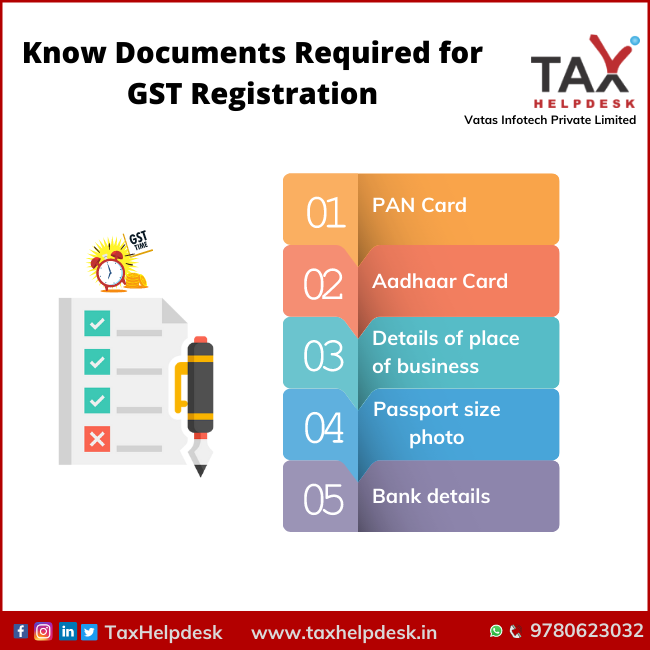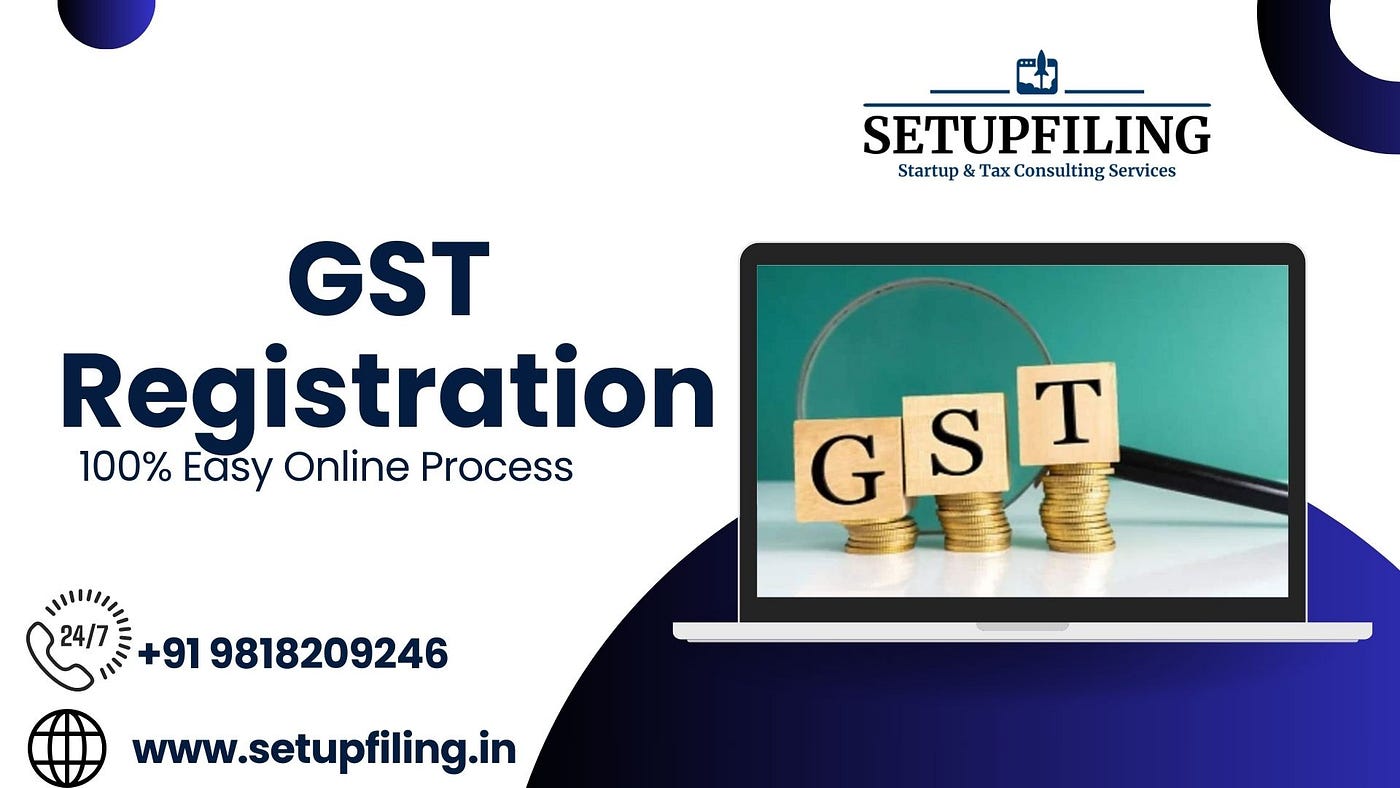Why Singapore GST Registration is Essential for Your Startup
Why Singapore GST Registration is Essential for Your Startup
Blog Article
The Ultimate Overview to Simplifying the GST Registration Refine and Needs for Small Service Owners

Comprehending GST Basics
To understand the principles of the Product and Provider Tax Obligation (GST) system, small business owners have to initially understand its underlying concepts and effects. Under the GST routine, companies are called for to collect and register tax on part of the federal government, making sure openness and compliance.
Among the key principles of GST is input tax credit score, which allows companies to declare credit scores for tax obligations paid on their acquisitions. This device prevents the cascading result of tax obligations and advertises efficiency in the tax system. Furthermore, GST is a destination-based tax obligation, suggesting that the tax obligation is levied at the factor of usage rather than the factor of origin. This ensures reasonable circulation of tax obligation earnings among states based upon where the products or solutions are eaten. Comprehending these basic principles is critical for little organization proprietors to navigate the intricacies of the GST system and ensure conformity with the regulation.
Qualification Criteria for Enrollment
Having established a foundational understanding of GST concepts, tiny service owners need to now meet particular qualification criteria to proceed with the registration procedure (Singapore GST Registration). Companies that were signed up under the previous tax obligation regimen (VAT, solution tax obligation, etc) are additionally mandated to register under GST. Agricultural services that just supply produce out of primary production are excluded from GST enrollment.
Files Required for GST Registration

Simplified Registration Process Steps
Complying with the collection and confirmation of the requisite papers, the enrollment procedure for GST can be navigated via a series of simplified actions made to promote efficient compliance for local business proprietors. The first action includes going to the GST site and choosing the 'New Enrollment' alternative. Ultimately, the candidate needs to load in Component A of the GST REG-01 form with details such click resources as frying pan, mobile number, and email address to get an OTP for verification. When the OTP is gotten and gotten in, a Momentary Recommendation Number (TRN) is generated for additional process. The next step calls for filling up out Component B of the kind with essential organization details, publishing sustaining documents, and completing the verification process making use of DSC or EVC. Upon successful confirmation, an Application Referral Number (ARN) is released, indicating the conclusion of the GST registration procedure. By adhering to these simplified steps, local business owners can successfully register for GST and make sure conformity with tax guidelines.
Tips for Ensuring Compliance
To keep regulative adherence and operational integrity, diligent oversight and proactive procedures are critical in making certain compliance with GST demands for little service proprietors. Little organization owners have to stay updated with GST laws, submitting target dates, and any changes in tax prices to stay clear of fines and preserve a good standing with tax obligation authorities. Participating in GST awareness workshops or training programs can improve understanding and conformity with GST guidelines, ultimately benefiting the company in the look these up long run.
Final Thought
To conclude, small company owners should understand the essentials of GST, fulfill the eligibility standards, gather essential documents, and follow the streamlined registration process steps to ensure compliance. By simplifying the GST registration process and demands, local business owners can prevent charges and run their organizations efficiently within the legal structure - Singapore GST Registration. It is critical for little service owners to stay informed and certified with GST regulations to maintain an effective business procedure
Tiny service owners looking for GST enrollment need to guarantee they collect and send the essential papers to finish the registration process effectively. The files needed for GST enrollment typically consist of proof of business registration or consolidation, PAN (Long-term Account Number) card of the service entity, address and identity proof of the promoters/partners/directors, pictures, address proof of the place of organization, financial institution account declarations or canceled cheques, and authorization forms. Going to GST awareness workshops or training programs can improve understanding and compliance with GST guidelines, inevitably profiting the service in the long run.
By streamlining the GST registration process and demands, little service proprietors can avoid penalties and run their businesses smoothly within the legal framework. It is description essential for tiny organization owners to remain compliant and informed with GST policies to keep a successful service operation.
Report this page